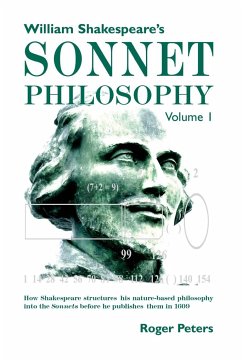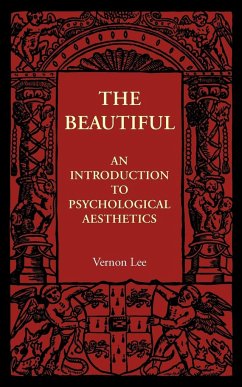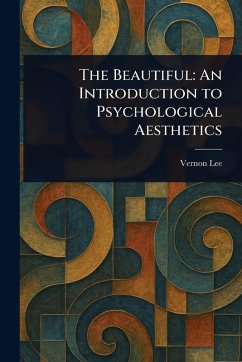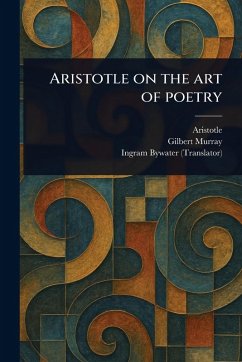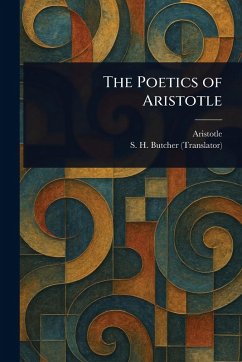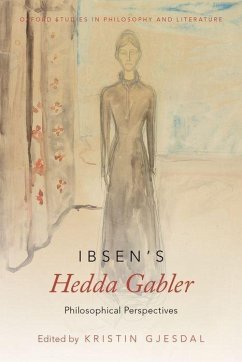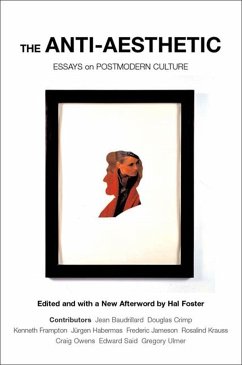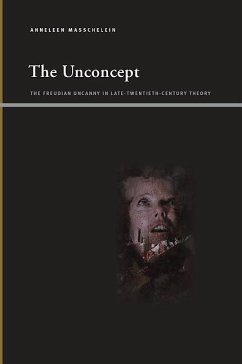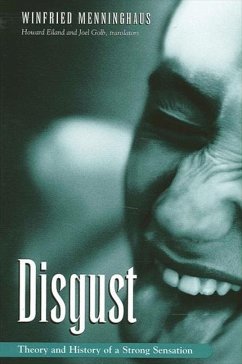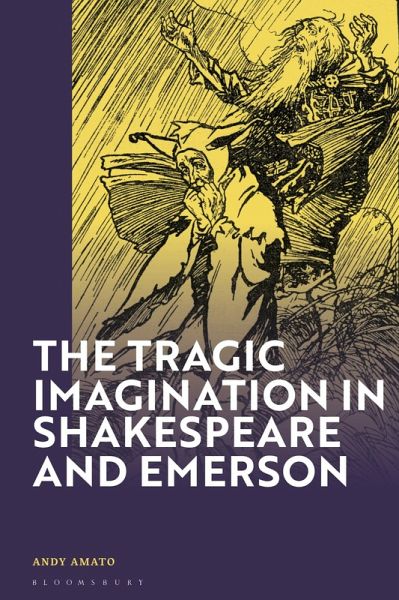
The Tragic Imagination in Shakespeare and Emerson
Versandkostenfrei!
Versandfertig in 1-2 Wochen
40,99 €
inkl. MwSt.
Weitere Ausgaben:

PAYBACK Punkte
20 °P sammeln!
What is the "tragic imagination"? And what role does it play in the works of William Shakespeare and Ralph Waldo Emerson? Explaining the tragic imagination as a creative faculty employed to answer the perennial Riddle of the Sphinx - a theory of the world that advances human freedom and dignity in the face of historical injustice, cruelty and violence - Andy Amato seeks to recover and rehabilitate this concept by revealing its significance to both key works of philosophy and literature and our contemporary world. This book begins with a close and careful reading of Emerson's first major work, ...
What is the "tragic imagination"? And what role does it play in the works of William Shakespeare and Ralph Waldo Emerson? Explaining the tragic imagination as a creative faculty employed to answer the perennial Riddle of the Sphinx - a theory of the world that advances human freedom and dignity in the face of historical injustice, cruelty and violence - Andy Amato seeks to recover and rehabilitate this concept by revealing its significance to both key works of philosophy and literature and our contemporary world. This book begins with a close and careful reading of Emerson's first major work, Nature,in conversation with nineteenth and 20thcentury continental philosophy, critical theory and post-structuralism. Uncovering neglected elements of Emerson's philosophy, beyond his reputation as the philosopher of 'cheer', this book explores how Emersonian transcendentalism affirms rather than denies the tragic sense of life - "tragic idealism" - and makes a substantial contribution to philosophy's perpetual endeavour to solve the Riddle. In the second part of the book, Amato then employs Emerson's theoretical lens to interpret Shakespeare's tragedy, King Lear.In doing so, he innovatively reframes the central themes of suffering, vision, nature, nothing, foolishness and silence toward achieving liberation. By pairing these two giants of literature and philosophy, The Tragic Imagination in Shakespeare and Emersonnot only offers fresh interpretations of Natureand King Lear, but also makes the case for the renewed deployment of tragic imagination, in creative redress, to our current social-political situation.




